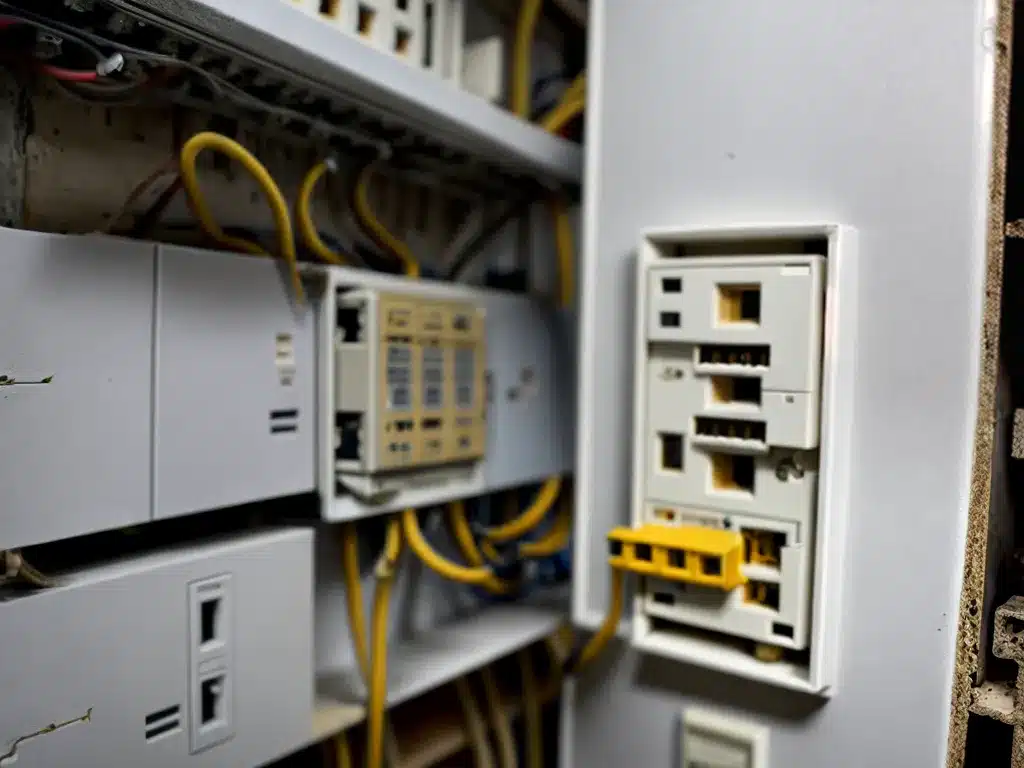
I often hear questions and concerns from rural community members about why their local electrical codes seem outdated compared to larger cities and suburbs. As an electrician servicing many small towns, I have gained first-hand experience with this issue. There are several key reasons why outdated electrical codes persist in rural areas.
Limited Resources to Update Codes
One of the biggest obstacles is limited resources. Updating electrical codes requires investment in staff time and training. Smaller rural municipalities often have very tight budgets and lack personnel dedicated solely to code enforcement.
With fewer commercial and residential permits coming through than a larger jurisdiction, there is less electrical permit revenue available to justify spending on code updates. Training inspectors and staff on new code also requires dedicating limited time and budget.
Resistance to Change
Another major factor is resistance to change both from local officials and residents. Rural communities pride themselves on independence and self-sufficiency. There can be pushback against “big government” telling them how to manage local affairs.
Local elected officials may see updating codes as an unnecessary burden driving up costs. Citizens may also complain about the higher Permit fees required to implement more rigorous inspections.
Lack of Public Safety Pressure
Unlike dense urban areas, safety issues around electrical fires receive less public priority in rural towns. With lower population density and fewer large public gathering spaces, the risk of significant loss of life from an outdated electrical system is perceived as lower.
Without an urgent public safety driver, local officials have less incentive to dedicate limited resources to ensure codes meet current standards.
Grandfathering of Existing Structures
When codes are updated, they are often only enforced on new construction and remodels. Existing older structures are “grandfathered” in under the codes that were applicable when they were built.
In rural areas with a high proportion of older building stock, this means changes impact a relatively small fraction of properties each year. It takes decades for new codes to substantially improve the overall local building inventory.
Challenges of Updating Older Homes
Finally, the nature of rural housing itself poses barriers to upgrades. Much of the housing is decades old, and electrical rewiring can be extremely disruptive and expensive for homeowners.
With a generally lower rural tax base, there are fewer resources to help subsidize residential upgrades. The burden falls more heavily on fixed-income elderly homeowners who may not be able to afford necessary upgrades.
Looking Ahead
While the challenges are steep, updating rural electrical codes has major public safety benefits. As an electrician, I see firsthand the risks posed by outdated wiring and overload. My hope is that rural communities can come together to find solutions that make modernization feasible without overburdening local residents. With creativity and cooperation, we can make steady progress.
